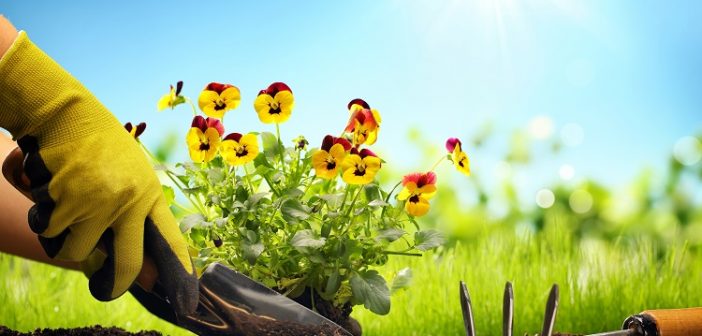Do you grow food crops at home? If so, you’ve probably noticed that sometimes they need some help to grow and produce veggies or fruits.
You can make your garden soil more nutritious with animal manure to make plants grow healthy. However, animal manure produces a pungent odor, and you may not wish your veggies to stink. If animal manure is not for you, an alternative would be to use chemical fertilizers. However, using the fertilizer would be risking burning the plants.
So, what’s the best way of giving your garden soil some TLC that will not harm your plants? Try a natural friendly option such as worm castings.
Worm casting can be used as fertilizer, soil conditioner, or germination aide.
Using Worm Castings as Fertilizer
Worm casts are the most nutrient-rich natural fertilizer. Castings make plants grow healthier and do not have to be used in large amounts. For example, you only need a tablespoon of pure casts to provide a 6-inch plant grown in a pot with enough nutrients to last two months.
Worm cast is also referred to as worm poo or vermicast and can be used to enrich the soil used to grow indoor plants. The convoluted mass of soil, sand, and mud is also a rich nutrient additive for flowers, shrubs, vegetables, and trees.
Castings can also be used as mulch to improve crop yield. When used as mulch, it makes it easy for minerals to be directly absorbed in the soil.
Unlike other soil conditioners or fertilizers, worm castings do not burn plants. Therefore, you can use them as much as you would like.
But it’s not just about making plants healthy by providing the much-needed minerals to the soil. Simple Grow Soil worm castings also prevent common crop diseases. The casts have humus that extracts harmful and toxic fungi from the soil. The humus also helps to balance out soil and organic waste dilutes concentrated heavy metals and acts as a barrier that enables plants to grow healthily in soils with unbalanced pH.
How Worm Casts Work
You do not have to use large amounts of worm castings to improve the nutrients in your soil. The humic acid found in the casts produces enough minerals to stimulate the growth of plants. The acid stimulates the growth of floral organisms in the soil and is easily absorbed by plants.
When introduced into the soil, the humic acid in worm castings stimulates the production of nitrogen and reduces the amount of carbon. The carbon to nitrogen ratio of organic plant waste is usually higher. As a result, the soil around the organic waste becomes acidic, and this makes plants to struggle to get nitrogen. Introducing worm castings into the soil helps to balance out the carbon to nitrogen ratio, thereby reducing the soil acidity and increasing the production of nitrogen.
When wet, worm castings are rich in a highly-active mixture of remnants of animal manure and plant matter, enzymes, and bacteria. The castings have water-soluble nutrients and minerals and carry more than 50 percent of the humus found in the topsoil. Examples of these minerals are calcium, potassium, magnesium, phosphorous, and nitrates. Other important elements found in worm castings include nitrogen, carbon, iron, borax, cobalt, zinc, copper, and manganese.
Easily Absorbed by Plants
Plants absorb worm castings faster and more easily than nutrients from artificial fertilizers or animal manure. You can add worm casts to your garden to aerate and improve the overall structure of the soil.
Worm castings also help to keep pests such as spiders and aphids at bay.
Where to Get Worm Castings
You can purchase worm casts from a farmer’s market or a garden centre near you. Alternatively, you can raise worms for their castings on your own. To harvest the casts, you’ll need a few worm boxes or bins. If you prefer a DIY approach, plastic tubs are excellent alternatives. Just make sure the boxes are well ventilated and have proper drainage.
If you prefer making your own worm bins, make sure they are shallow. Ideally, the bins should be about 8 to 12 inches deep. You’ll also need to drill some drainage holes at the bottom to prevent the bin from stinking should it get stacked too full.
The bottom of the worm casting bin should be a layer of strips of moist paper. From there, add sand on top of the strips to form a strong base. Next, you can add garden litter, manure, compost, or another layer of moist newspaper strips and soil. Finally, add the worms and garden waste, kitchen scraps, or organic food.
Do not give your worm processed food. Instead, feed them eggshells, vegetables, and fruits.





This article is designed to educate people on the proper way to obtain better health and maintain it for years to come. Discussed in detail are 8 categories of health, and if followed properly, a person can say good bye to yo-yo dieting and hello to a healthy lifestyle.
You are right, using different organic fertilizer then helps to preserve your garden or plantation, helps to strengthen the soil and improve your plants. I often use fertilizer from professional garden stores to get the best